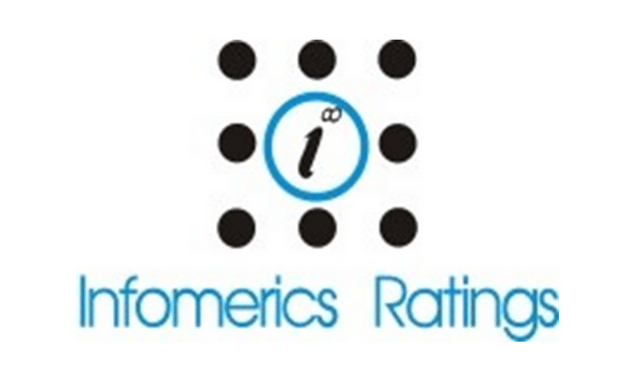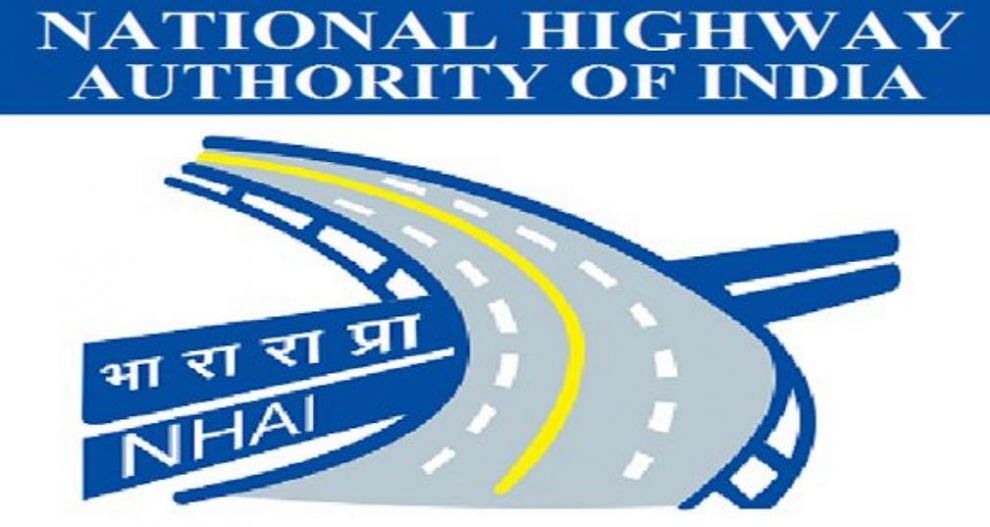New Delhi: National Highways Authority of India (NHAI) recently issued a guideline on Standard Operating Procedures (SOPs) to monitor the escrow defaults and take appropriate action to safeguard the NHAI interest in the arbitration matters on claims made by the concessionaire.
Infomerics Ratings believes that this is a positive development from a credit risk perspective while analyzing BOT road project companies. It is observed that at times the waterfall mechanism where escrow account has been in place between the NHAI, the concessionaire & the lender, is not followed. Adherence to waterfall escrow arrangement is the basic premise while assigning ratings to such projects.
The applicability of the new SOP to all BOT projects, whether toll or annuity where escrow mechanism is in place, has been mandated to with ensure that all project cash flows (inflows & outflows) must be necessarily routed through the escrow accounts and funds shall be applied in the waterfall of priorities set forth in the concession agreement. Any deviation by the escrow lender will be a breach of trust to be dealt in accordance with the provisions of concession agreement and the lender shall be liable for damages. This new guideline reinforces the strength a waterfall mechanism brings and protects both NHAI and the lender to project.
Amod Khanorkar, Chief Rating Officer of Infomerics Ratings says:
Project financed infrastructure assets have a single line income. Disciplined usage of cash inflow is extremely crucial for taking care of all the stakeholders involved. When someone ranking junior in priority of payment gets paid bypassing the cash flow seniority, it can lead to credit events which cannot be anticipated. Making the escrow banker responsible for adhering to escrow arrangement, failing which penalties may be imposed will ensure that such transgressions do not happen. This is a positive development from a credit rating perspective and if the authorities in other sectors such as power follow it too, it will be a welcome step.



